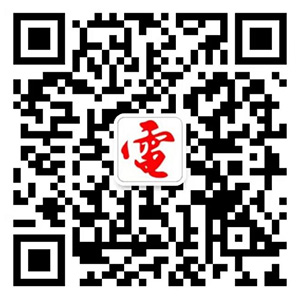USB標(biāo)準(zhǔn)設(shè)備請求
respectively.USB devices must respond to standard device requests, even if the device has not yet been assigned an address or has not been configured.


Feature selectors are used when enabling or setting features, such as remote wakeup, specific to a device,interface, or endpoint. The values for the feature selectors are given in Table 9-6.

If an unsupported or invalid request is made to a USB device, the device responds by returning STALL inthe Data or Status stage of the request. If the device detects the error in the Setup stage, it is preferred that the device returns STALL at the earlier of the Data or Status stage. Receipt of an unsupported or invalid request does NOT cause the optional Halt feature on the control pipe to be set. If for any reason, the device becomes unable to communicate via its Default Control Pipe due to an error condition, the device must be reset to clear the condition and restart the Default Control Pipe.



評論